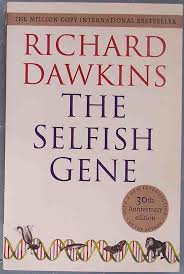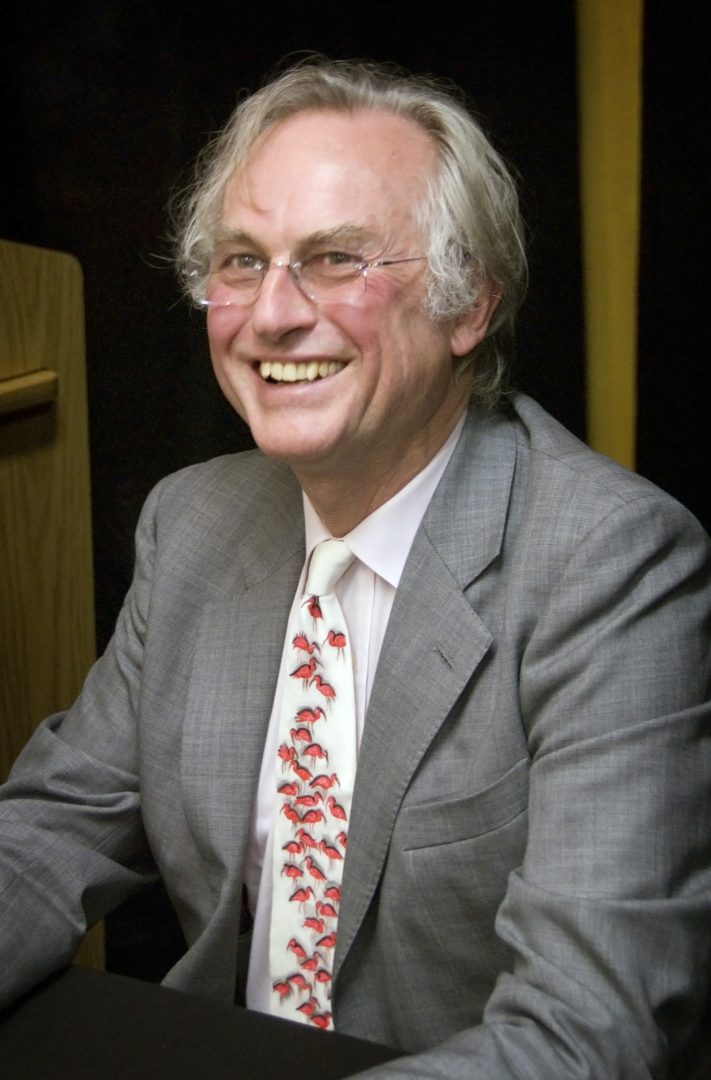One would think since Richard Dawkins has been exposed as all talk and no substance that he would have few if any defenders left. While the number of people visiting his and other atheist websites has drastically dwindled and intellectually honest atheists have acknowledged there is little to nothing worth defending in his theories, there are some sycophants who refuse to look at the facts and who will continue to herald him as some great intellectual who has made incredible contributions to biology. The truth is actually quite the opposite, as this article will attempt to show.
Archbishop Cranmer did a little digging and what he found is very, very interesting. For example, addressing Richard Dawkins as a “professor” is actually quite misleading, and the reader will see why in a moment. First readers should back up a little and examine “professor” Dawkins’ early work which constitutes “low-impact” papers about the pecking order of baby chicks, the rest of his published work is “modest.”
The Selfish Gene
It was only when he published the popular-level book “The Selfish Gene” that his career, as it were, began to take off. However, it is important to point out that it was not so much that “The Selfish Gene” contained hard-hitting scientific facts supported by mountains of data, but rather the ideas promulgated therein (that humans are meat-robots who exist solely to pass on their genes) meshed very well with the rise of materialism and already well-entrenched ethos of rugged individualism. In short, it “became sacred write to a generation of selfish go-getters.”
 It is here that a very important point must be emphasized. Many have the mistaken impression that Richard Dawkins is an actual scientist when in reality he has contributed “one-and-a-half moderately interesting ideas to evolutionary theory (the ‘Evolutionary Arms Race’ and the ‘Extended Phenotype’).” In reality, he is simply a commentator and populariser: nothing more. Or, to put it another way, his career as a scientist “stalled.” So, the reader may now be asking, if Richard Dawkins curriculum vitae is less than stellar, how on earth did he become a lecturer at Oxford University?
It is here that a very important point must be emphasized. Many have the mistaken impression that Richard Dawkins is an actual scientist when in reality he has contributed “one-and-a-half moderately interesting ideas to evolutionary theory (the ‘Evolutionary Arms Race’ and the ‘Extended Phenotype’).” In reality, he is simply a commentator and populariser: nothing more. Or, to put it another way, his career as a scientist “stalled.” So, the reader may now be asking, if Richard Dawkins curriculum vitae is less than stellar, how on earth did he become a lecturer at Oxford University?
The short answer is that the position was bought for him. In 1995, a wealthy admirer of Dawkins “made Oxford University an offer they couldn’t refuse, and handsomely endowed a professorship for (not ‘of’) Public Understanding of Science with the express intention that the first holder should be Richard Dawkins.” Now, as a tenured professor, he was free to spout his religiophobic, invective-filled harangues, a la “The God Delusion,” without being a financial burden on the school. His collection of honorary doctorates only further distorts Dawkins’ credential smokescreen, further making him appear to a glowing sage whose theories hold the same importance as, say, Einstein.
How many diehard fans of Richard Dawkins are aware of this?
How many know that the “great professor” never really contributed anything substantial to biology? How many people mistakenly believe that he earned his chair at Oxford through blood, sweat, and tears? The short answer: probably not many. Honestly, at this point, his reputation has been tarnished beyond repair, and the great majority don’t take him seriously anymore.
The problem is, said diehard fans will probably not allow Richard Dawkins to become a mere footnote in the history books and will pour a lot of time, money and effort into lionizing him for all time. Discerning thinkers need to keep the realities of Richard Dawkins’ academic accomplishments (or lack thereof) as well as his belligerent, ill-informed tirades firmly in mind and prevent such hagiographical claptrap from being written.






